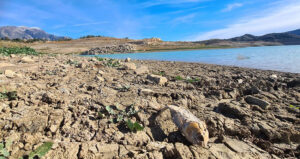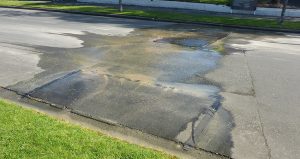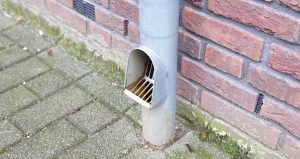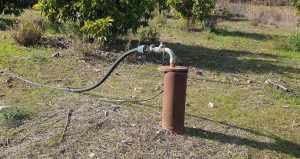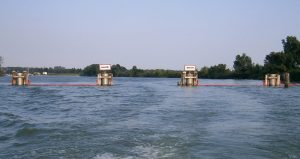Coca-Cola campaign for alternative water resources expands to Sardinia

-
 Editorial Team
Editorial Team
Share article:
GWP and Coca-Cola are starting a campaign for non-conventional water use in Sardinia. Source: GWP
Rainwater harvesting, stormwater collecting and greywater recycling can help communities coping with drought to increase the local water supply. The non-conventional water resources programme in the Mediterranean is an initiative of the Global Water Partnership (GWP) of the Mediterranean with the support of the Coca-Cola Foundation.
The campaign for using alternative resources started in 2008 in Greece and expanded later on to Malta, Cyprus and recently to Sardinia in Italy. Malta and Cyprus are the water poorest countries in Europe, while a large number of Greek and Italian islands depend on costly desalination and water transfers by tankers to meet their needs. The restrictions in water availability pose risks to local economic activities, such as tourism and small scale agriculture, and threaten the wellbeing of fragile ecosystems in the region.
Coca-Cola under pressure
Coca-Cola is often accused of dehydrating communities in its pursuit of water resources to feed its own plants, drying up farmers’ wells and destroying local agriculture. The company uses vast supplies of water worldwide, as it takes almost three litres of water to make one litre of Coca-Cola. In order to keep their license to operate Coca-Cola has to cooperate with local communities and take responsibility for water supplies.
Education
The GWP-programme uses a holistic approach towards non-conventional water management, focusing on showcasing innovative techniques and methods through infrastructure works, creating a new water culture through training, education for sustainable development, awareness raising and capacity building, as well as contributing to the integration of non-conventional resources into the national water resources planning through.
India
In March of this year Coca-Cola suspended bottling operations at three units located in three different states in India. One of these units, in the city of Kaladera in the western Indian state of Rajasthan, has been the target of a years-long community-led campaign that blames the company for exacerbating water shortages in the area.

